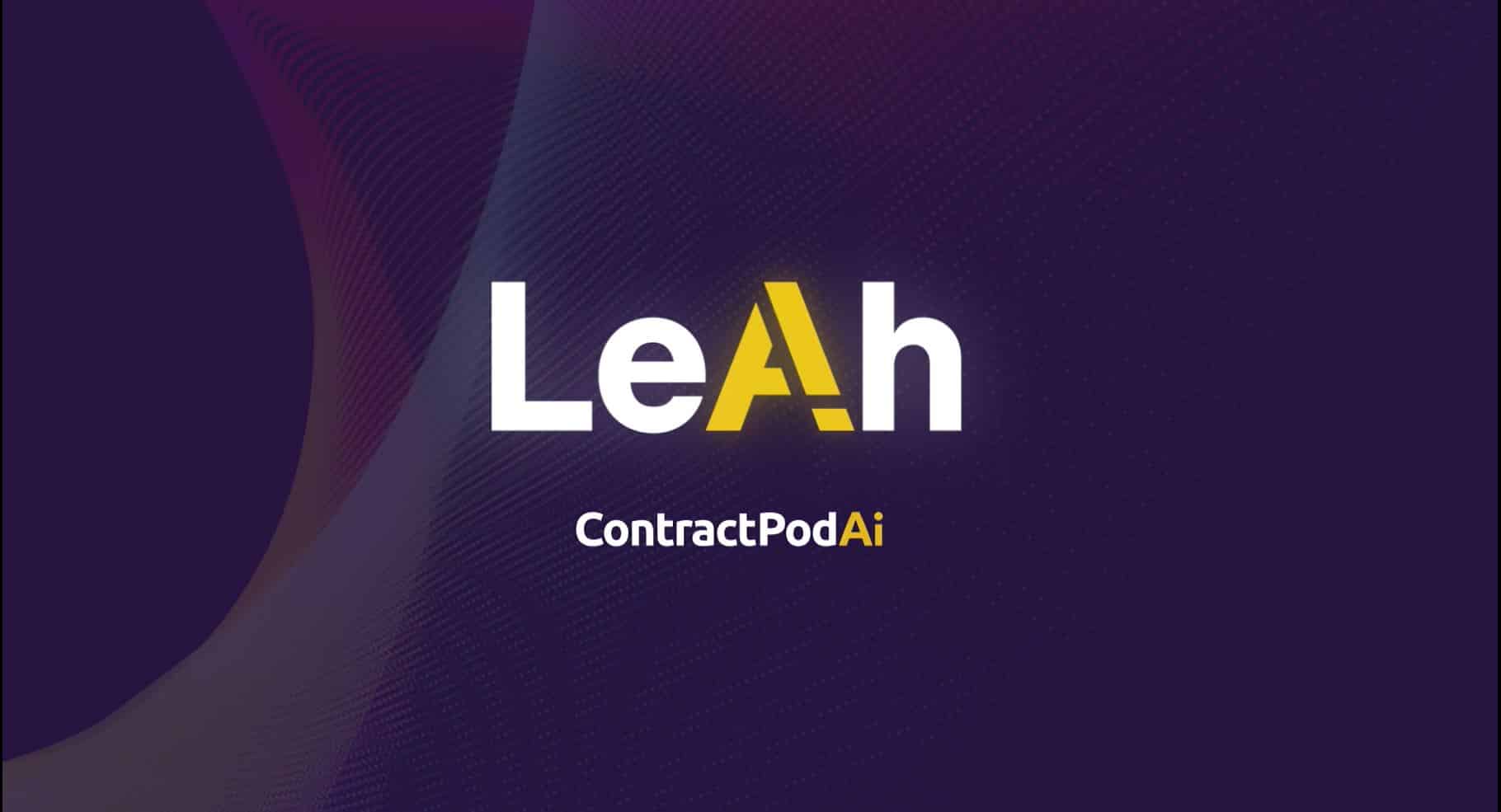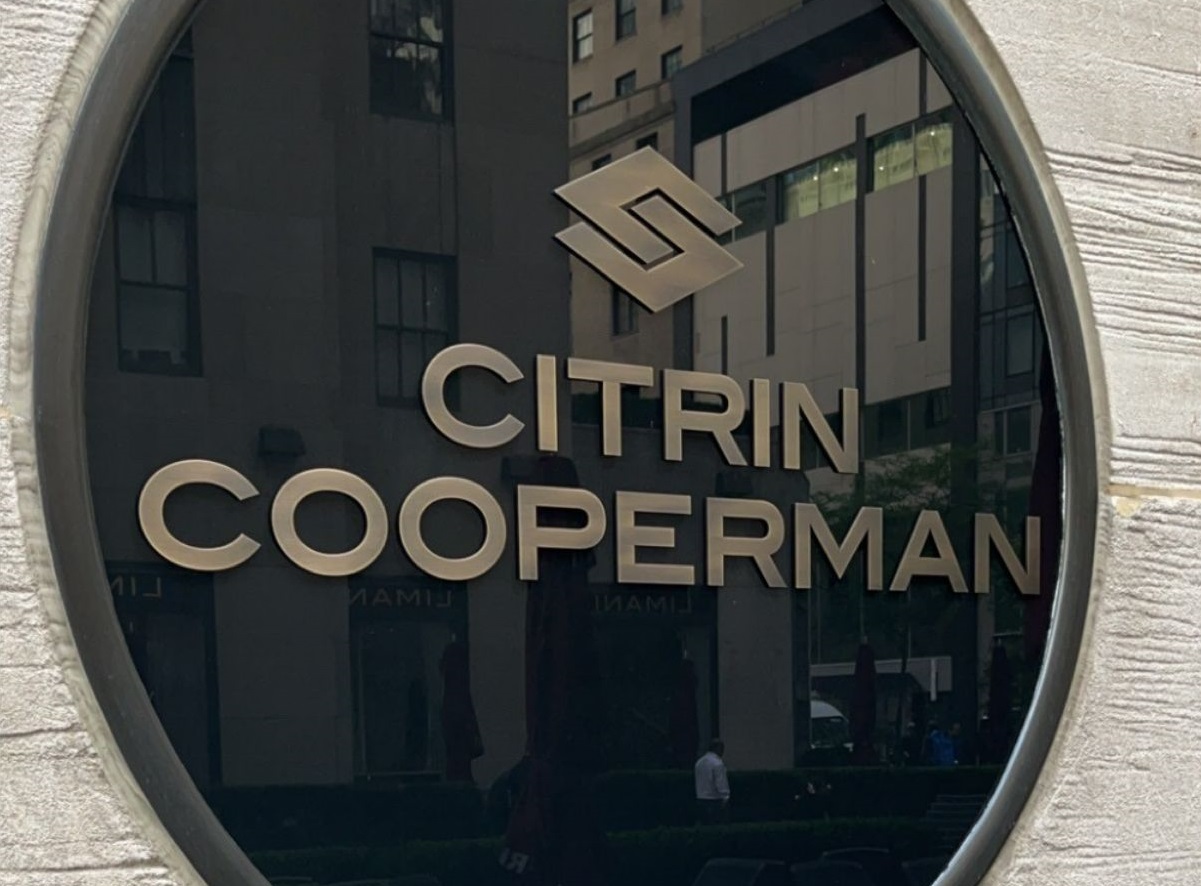Has your firm utilized technology to its fullest capacity to provide the highest quality service to your clients? Is your firm able to successfully attract, retain, and engage top talent due to your strength with technology? If so, you can stop reading now, but for every firm in the country that is being honest with themselves, let’s keep reading to understand why the way we view technology inside our firms is part of the problem and how your millennials really feel about your technology.
But before we dive into the issue, we need to understand and accept that technology touches all aspects of today’s firms regardless of their size or client focus. We also need to understand, just how much technology has changed overall in the recent future. Not long ago, firms were focused on going paperless as a major accomplishment and artificial intelligence (AI) was still something we would only see in the movies and no one heard of blockchain. Now both AI and blockchain are here in the accounting profession, coming to our firms, and coming to our personal lives as well, and the idea of being paperless has faded from our discussions.
Given this rapid rate of technology advancement and how the accounting profession has been slow to keep up, it should come as no surprise that weak technology inside firms is one of the major reasons for the turnover of millennial staff at firms of all sizes.
When we examine the cause and look to the solution to this issue, we can see the answer rooted in our high school psychology course, but we will get to that. First, chances are more likely than not, that you view the technology in place at your firm as above average, and wonder why anyone would disagree with your view.
These differences in technology expectations has been magnified in recent years due to the generational differences with how technology is viewed and the rapid rate of technological advancements. To make matters worse most firms don’t realize they have this problem, since perception is in the eye of the beholder.
First, do you remember high school psychology, more specifically, Maslow’s Hierarchy of needs where the basic needs, food and shelter are on the bottom and self actualization is at the top of the pyramid. Maslow’s theory was that people could not move to the higher levels, the top of the pyramid, without having their basic needs meet first. We can apply Maslow’s hierarchy to technology expectations inside our firms. Partners feel that technology should be at the top of the pyramid, which is a bonus, because during most of their lives technology wasn’t mandatory and only a minor role in their professional workplace. Technology overall and our industry has seen tremendous growth in the past five years, and firms have struggled to keep up as the rate of change has drastically accelerated.
Contrast this view to millennials who view technology at the bottom, because for them technology is a necessity like food or water. They grew up with technology and a rapid rate of advancement. Millennials are naturally comfortable with technology and expect it in their personal and professional lives. Consider this, how often do you see a millennial question their GPS? They know and accept that while the GPS isn’t perfect, it will get them to their destination easier than if they were trying to read a map while driving.
For millennials, before they ever set foot into a firm as a first year staff accountant, they are exposed to technology at a level far above what exists in most CPA firms today. They expect technology to be present in all aspects of their lives, and this is often a sharp awakening when they set foot inside a CPA firm. For today’s firms, that means today’s staff have a higher expectation of technology than ever before they walk inside your doors. Unlike in the past, technology in the workplace was years ahead of anything we would see in our personal lives.
The second, is that the current partners, will rate their technology as outstanding, while millennials will rate it at the bottom or inadequate. In the same firm, people will have drastically different views on the strength of the technology currently in place.
Depending on which side you are on, you probably feel that you are right. But, which side is correct?
When looking at firms across the country, partners constantly rate their technology solutions in place as much stronger than they actually are, because that is their perception based on their experiences and the inverse holds true for those technology integrated millennials.
As a leader at your firm, you need to view your technology not through your own eyes, but through the eyes of your team and if you do, you will be surprised by the results. This can be done quickly by just asking your staff to rate your firm’s technology on a scale of 1 (not existence) to 10 (cutting edge), and ask them for their honest input.
Firms need to take an honest look at the technology they have in place, as weak technology is a major factor impacting the firm’s ability to attract talent and service their clients. Here is where some of the common technology expectations fall under Maslow’s Hierarchy of needs:
Basic Needs:
- Document management program – the whole paperless trend, you can’t use what you can’t find
- Video conferencing – communication in the 21st century
- Three monitors or more – more screen space is mandatory
Psychological Needs:
- Workflow software – you need to be able to track your projects and due dates
- Zero IT footprint – people can work anywhere, anytime, embrace the cloud
- Scan and autoflow – who really wants to manually enter data anymore
Self-Fulfillment Needs:
- Artificial intelligence and machine learning
- Blockchain and cryptocurrencies
- Big data and data analytics
Firms today need technology, not just to have technology or just be efficient, but they need technology to evolve and move past being technicians and be able to attract, retain, and engage top talent. Spend the time and take a honest look at your technology expectations inside your firm and how they are viewed by your people. If you do, you will be surprised to find a large discrepancy which is holding your firm back and driving your millennial talent away. Invest in your firm and its technology to achieve the future success you deserve.
Thanks for reading CPA Practice Advisor!
Subscribe Already registered? Log In
Need more information? Read the FAQs





